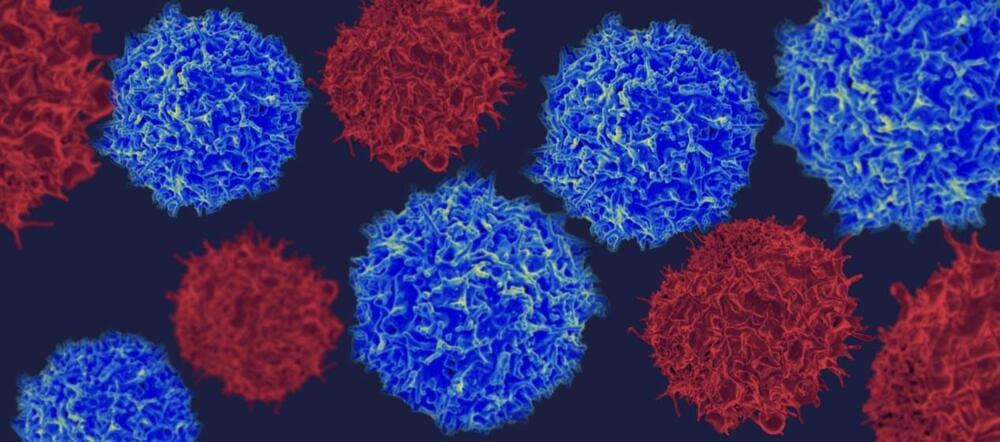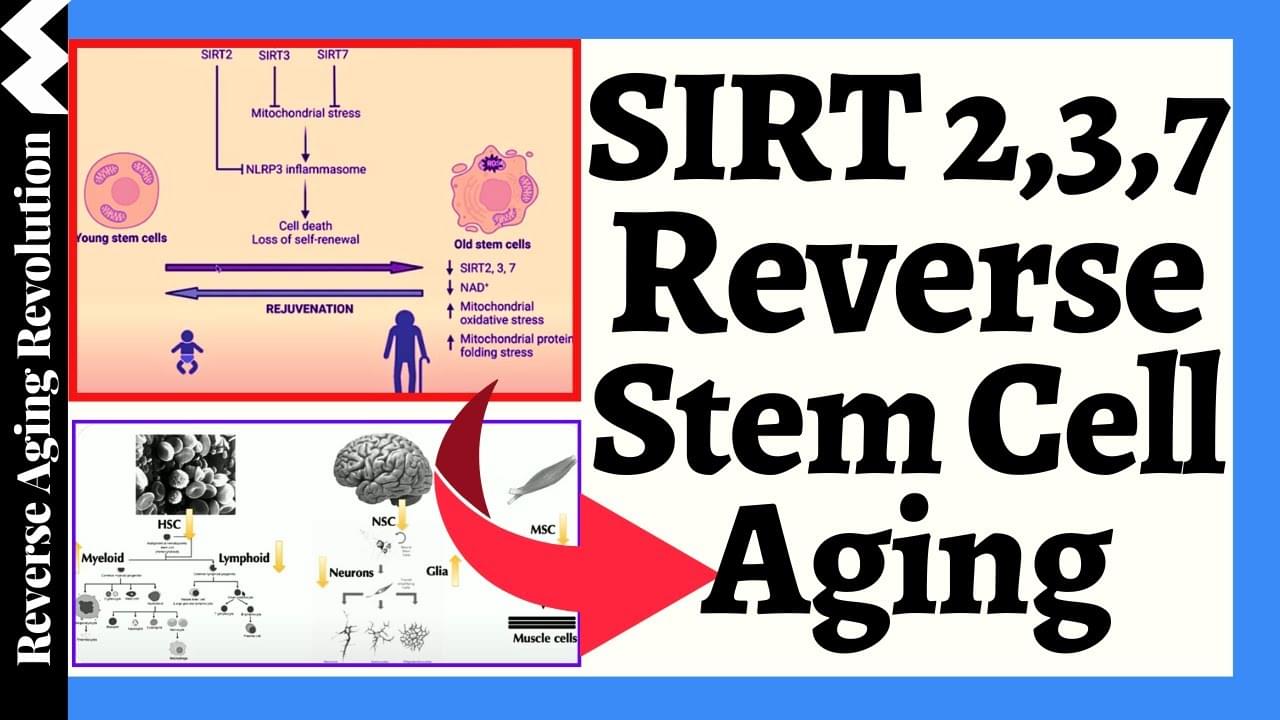In the digital age, where entertainment is but a click away, a silent yet powerful transformation is underway. Streaming companies, the vanguards of this digital entertainment era, are not just delivering content; they’re crafting experiences, and artificial intelligence (AI) is their most adept tool. Let us explore how AI is not just changing, but revolutionizing the way we consume media.
Gone are the days of aimlessly browsing channels to find something to watch. AI in streaming services is like a discerning director, understanding and curating content to fit the unique tastes of each viewer. It’s an era where your streaming service knows what you want to watch, sometimes even before you do. The great power of AI is personalization, where organizations can create unique user journeys. At the core of AI’s integration into streaming is personalization. Netflix, the colossus of streaming, employs AI algorithms to recommend movies and shows based on your viewing history. However, generally, these recommendation engines based on historical presences have muted value. Traditional metrics leverage past viewing information or collaborative filtering to make content recommendations. However, customer feedback has shown these are imperfect fits in the age of data for precision product-market fit.









